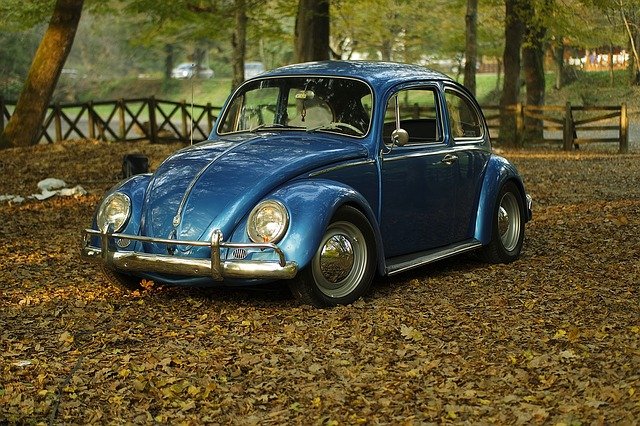Photo: Glenn Chapman (Getty Images)
A California court ruled this week to let Waymo hide some of the safety data for its autonomous vehicles—a decision that could have ripple effects for how other autonomous vehicle makers handle the trade secrets of their self-driving tech moving forward.
The ruling, which was passed down Tuesday by the Sacramento County Superior Court and which you can read for yourself here, marks the end of a short, bitter legal battle kicked off by Waymo last month. The Alphabet-owned company sued the state’s Department of Motor Vehicles to prevent the agency from disclosing proprietary details about its public safety protocols to the general public. The DMV, at the time, was mulling over how best to respond to a public records request for Waymo’s application to deploy its tech across Sacramento.
Waymo, for its part, believed in fully redacting just about every part of the application—including the DMV’s own questions, arguing that they could tip off the company’s many, many competitors in the area about the secret sauce underlying its cars. Whoever made that initial records request responded by immediately challenging Waymo’s redactions. Honestly, it’s hard to blame them: These redacted bits contained details about potential injuries and other issues that have happened on behalf of Waymo’s driverless tech, which sounds a lot less like trade secrets, and a lot more like… some dirty laundry that Waymo doesn’t want aired.
Waymo retaliated by suing the state’s DMV on January 21, arguing that “[p]otential market participants interested in deploying autonomous vehicles in California will be dissuaded from investing valuable time and resources developing this technology if there is a demonstrated track record of their trade secrets being released.”
Now, just over a month later, it looks like the court agreed.
“The Court has not been informed of any urgency in obtaining the redacted information and of any interim harm that would occur should the urgency be ignored,” wrote Judge Shelleyanne Chang in her decision. On the other hand, the potential harm of disclosing some of these aforementioned secrets—which would “allow Waymo’s competitors access to confidential information regarding the design, process and operational implementation of Waymo’s AVs”—could be a serious blow to the company, she added.
A Waymo spokesman told Gizmodo in an email that the company was “pleased that the court reached the right decision in granting Waymo’s request for a preliminary injunction, precluding the disclosure of competitively-sensitive trade secrets that Waymo had included in the permit application it submitted to the CA DMV.”
“We will continue to openly share safety and other data on our autonomous driving technology and operations, while recognizing that detailed technical information we share with regulators is not always appropriate for sharing with the public,” he went on.
This case is a big win for Waymo, but it’s a hit to critics already skeptical of the driverless car industry writ large. National regulators have struggled to keep up with these massive hunks of autonomous metal, even as they quickly populate the streets of cities like Sacramento. Waymo alone has spent the past few years testing out hundreds of vehicles across the Bay Area, with Tesla trailing not far behind with its own fleet.
And now, thanks to this ruling, these companies have a green light to keep some of their devices’ safety specs secret: how the cars analyze potential collisions with other vehicles, when the tech decides humans need to take over the wheel, and what constraints allow the cars to handle San Francisco’s winding streets and steep hills.
Right now, the only outside eyes reviewing those specs are the DMV’s—and historically, the agency hasn’t been the most savvy at handling these cars in action. At the start of this year, California’s DMV announced it would be “revisiting” Tesla’s ongoing tests of its autonomous vehicle tech on the state’s roads. But even that move took countless stories of people driving into traffic and driving from the backseat. Oh, and a a literal dog was seen cruising down a Texas street using Tesla autopilot a month before California’s DMV made its announcement.
So, yeah, you can forgive us for being a bit skeptical about the DMV being the only body assessing Waymo’s safety specs here. Right now, the best we have to work off of are the three measly white papers and studies that the company has put out for public review. And unless we get another high-profile dog-drives-car scenario, sanitized corporate reports might be all we have to go on.
Source: https://gizmodo.com/court-lets-waymo-keep-its-secrets-1848581918
